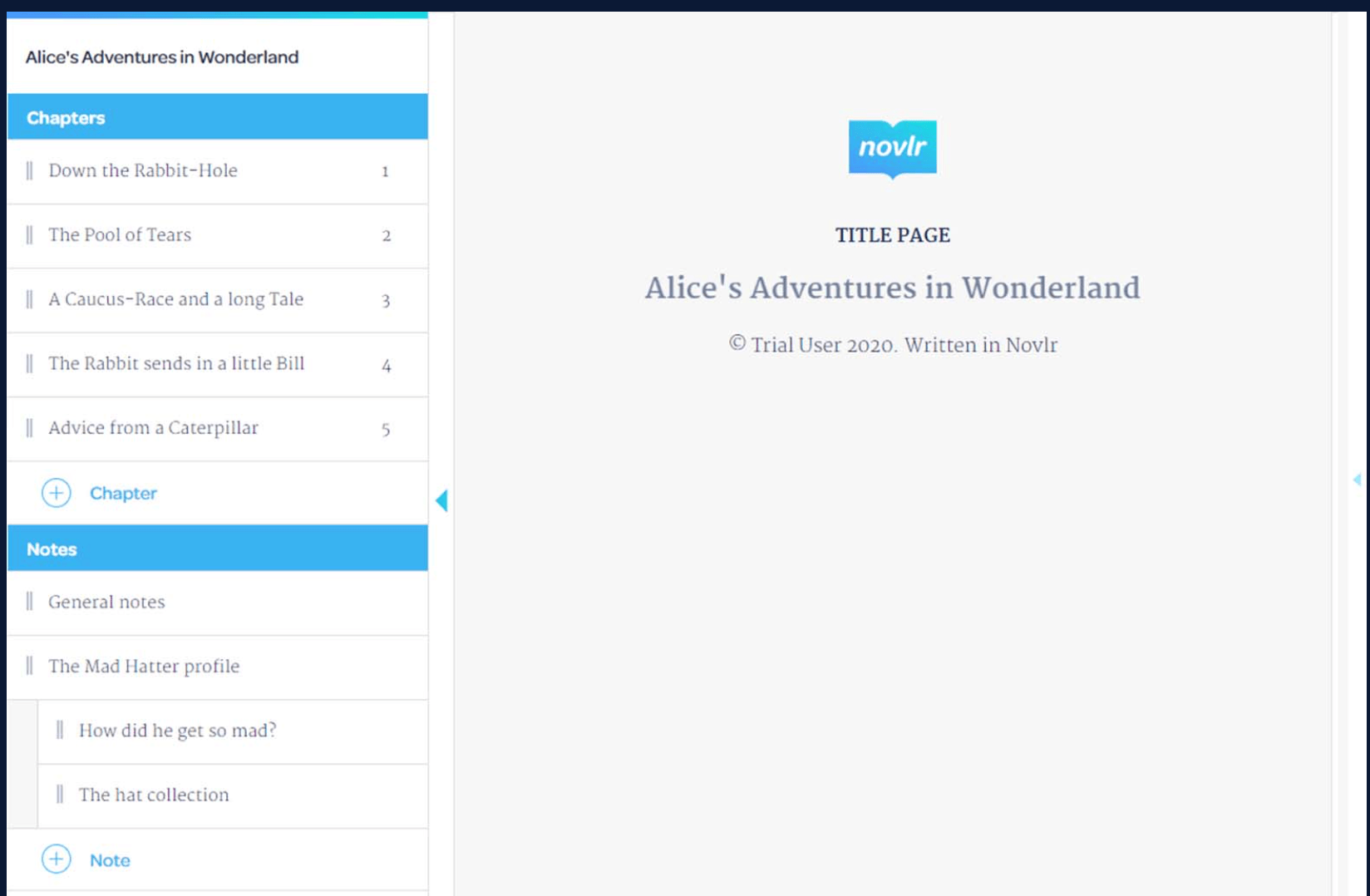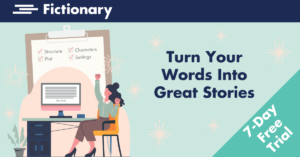I am Kim, CEO of Novlr – an online novel-writing tool – and I have been invited to share with you some useful advice that we have learnt from the tens of thousands of writers who have written their novels in Novlr. I am going to share with you how to avoid 8 mistakes to write the perfect novel opening when writing your all-important novel opening.
Is there a single perfect opening to a novel? No.
Is there a single winning formula to your opening? No.
However, there are very common pitfalls new writers can fall into that lead to your opening being sub-par. You want to immediately have your reader care about the story. Avoid these common mistakes and you will be on the right track to create a winning, publishable, fiction opening that has your reader hooked from the off.
1. Don’t world build
You built your world, now it’s time to show it off. But it’s very easy to get sucked into spending the first few pages just describing that world. If it’s an incredible world, people might be enticed, but, in general, people want: action and intrigue; to start understanding what the story will be about, and; to quickly care what is happening. It’s hard to care too much about a description of a time or place. You have the whole book to build the world around them – build it around the action and the characters through their movements and decisions, not in paragraphs of description.
2. Avoid language flourishes
Write simply.
Extravagant vocabulary might get you a place in a snooty university. But it won’t win you readers. Everyday language and interesting use of plain vocabulary is far more enjoyable to read than trying to wrap your head and tongue around uncommon words. Short sentences are good too. Very short.
3. Don’t go deep in back story
You have the whole novel to introduce back story. Be smart with it. Novels obviously don’t have to be written chronologically, so think about how you are going to wire the backstory in, without spending the first three chapters doing it.
4. Introduce your Main Character
Make sure the characters you introduce in the first chapter are ones that are sticking around for a while – it is very frustrating to invest in a character to then find out they are not integral to the story.
5. But don’t *describe* your character
I know that sounds counterintuitive – you want your reader to have the image of your perfectly-crafted character in their mind right from the off. But physical descriptions get boring fast. One or two hints at their appearance and clues in their behaviour, along with slipping in descriptions at relevant points is plenty. Focus on getting them pulled into the story. For example, don’t write:
“She had a dry patch of skin on the knuckles of both hands from eczema that she would frequently rub when she was nervous.”
Instead, show don’t tell:
‘She looked down and stared as she rubbed at the dry patch of skin on her knuckles.”
6. Don’t wake up to an alarm clock
It’s been done. And done to death. There are other places in time to start a story. Unless it is absolutely essential to the story, try something different.
7. Focus on the conflict
The most important consideration in starting your novel is how you are setting up the conflict and intrigue. You need to start at a conflicting point in the story – the point at which the character’s life is changed – the ‘inciting incident’.
Make sure the inciting incident and the conflict around that is laid out in the first chapter so that your reader is fully briefed to rattle through and unravel the rest of the story.
8. Give your reader some credit
You want people to ‘get it’. Of course. You don’t want important plot points to be missed. But you have to treat the reader as if they are as smart as you are – don’t labour the point, let them figure it out.
Now you know how to avoid 8 mistakes to write the perfect novel opening!
![]()
Novlr is built to help you focus on your words. Before you get to the story-edit stage in Fictionary, you need to write, write, write. And Novlr is the perfect place to do that.
It has been built with the specific intention of giving you no distractions and no excuses. You can organise your novel; do advanced grammar checking; export to multiple formats; keep a version history; set yourself writing goals and targets; integrate with Google Drive or Dropbox for peace of mind; and there are many more subtle and simple-to-use features besides.
You can try Novlr free now and we are also offering an exclusive 30% discount off any plan for a year by using the code FICTIONARY when you sign up to a plan. There is a 2-week free trial to give it a go first with no credit card details required.
![]()
Kristina here: Check out how beautiful Novlr is. If you write your novel in Novlr, it’s formatted perfectly to edit in Fictionary StoryTeller. Then go back and write your next novel and Novlr and edit again in Fictionary. You can do this for the rest of your life.



